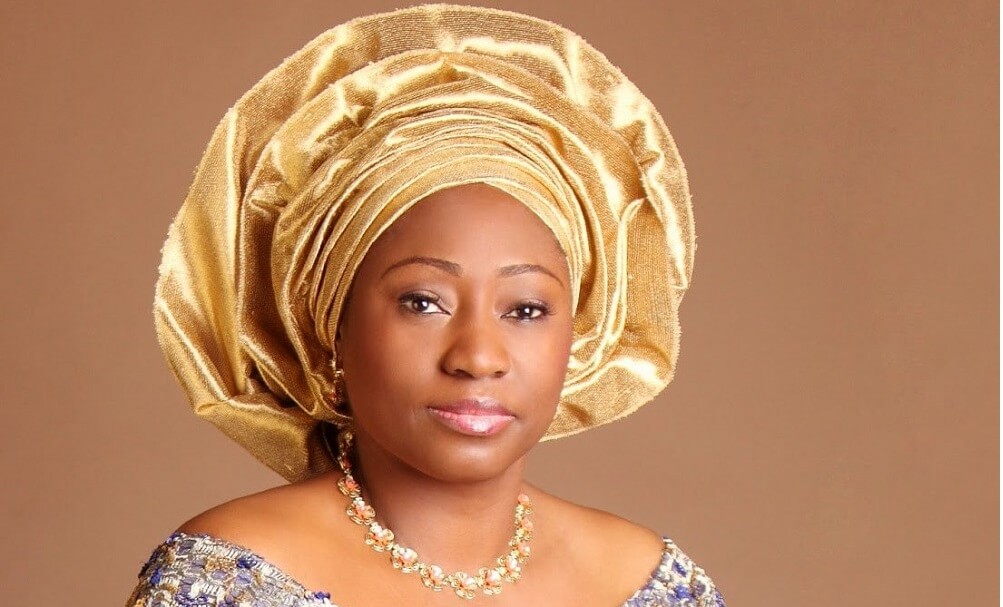Ekiti Governor’s Wife Says Child Rights Act Not Implemented By States
As the world commemorate the International Day of the girl child, which marks a key global moment to celebrate the power of girls and highlight the barriers they face, Stakeholders have stressed the need to promote stronger legal framework to protect the rights of women as well as the girl child in Nigeria.
Speaking at a webinar meeting to mark the 2020 International Day of the Girl-Child, the First Lady of Ekiti State, Erelu Bisi Fayemi, has claimed that state governments were not implementing the Child Rights Act 2003, saying that no sustainable future can be contemplated without considering the future of the girl child.
Advertisement
She noted that challenges such as sexual violence, teenage pregnancy, early forced marriages and trafficking have often rendered the environment toxic for the growth and development of the girl child in Nigeria.
“Creating a future for the girl child should be everyone’s responsibility as empowering them creates and promotes a better future for all”.
“We need to seek ways to address the needs of the girl child, they are often faced with obstacles especially those from poor backgrounds”.
“The girl child is prone to sexual violence, early forced marriage, trafficking and several other experiences that are unhealthy for their growth”.
Advertisement
She noted that the Child Right Act 2003, which protect the right of a child is yet to be adopted by some state governments, adding that states which have adopted it lacked the political will to implement.
Mrs Fayemi urged state governments to adopt and implement the Act, stressing that it is through policies and framework that the government can show its commitment to the protection of the girl child.
“The Child Right Act should be implemented to protect rights of the children. Education of the girl child should be prioritised.
“Sexual violence should be checked, everyone has to be a stakeholder in ensuring that the girl child is safe from sexual predators”.
The Country Director of Oxfam in Nigeria, Constant Tchona, in his remark said that the celebration is a call to action for radical social and political change to tear down barriers of discrimination and prejudice that continue to hold girls back.
Advertisement
“The theme for this year’s celebration is “My Voice, Our Equal Future”. The theme is meant to reinforce the message around challenging gender stereotypes, fighting bias, broadening perceptions, improving women and girl’s participation at all levels of the economy and celebrating the achievements of women and girls”.
He stated further that
“At Oxfam, we see girls as a bundle of joy and a ray of hope as a girl child who is educated is more conscious of family planning, health care and in turn her own children’s education”.
“This is why we agree at Oxfam that “the world will be a better place to live the day when a girl child and indeed all women are as happy as the other gender”
“Oxfam’s Gender Justice programme in Nigeria is to empower Nigerian girls and women to realise their full potentials, live free from violence and discrimination, participate in decision making, exercise their economic rights and bodily integrity to contribute to nation building”.
Speaking further, he said that Oxfam works to influence policy change in favour of the poor and most vulnerable.
“We promote gender justice and women’s rights, food security and support small scale farmers to improve the livelihoods of rural households.
Advertisement
“Our approaches to achieving this are through: Women’s Participation and Transformative Leadership (WPTL); Fight Violence Against Women and Girls (VAWG); Women’s Economic Empowerment (WEE) and Gender mainstreaming”.



